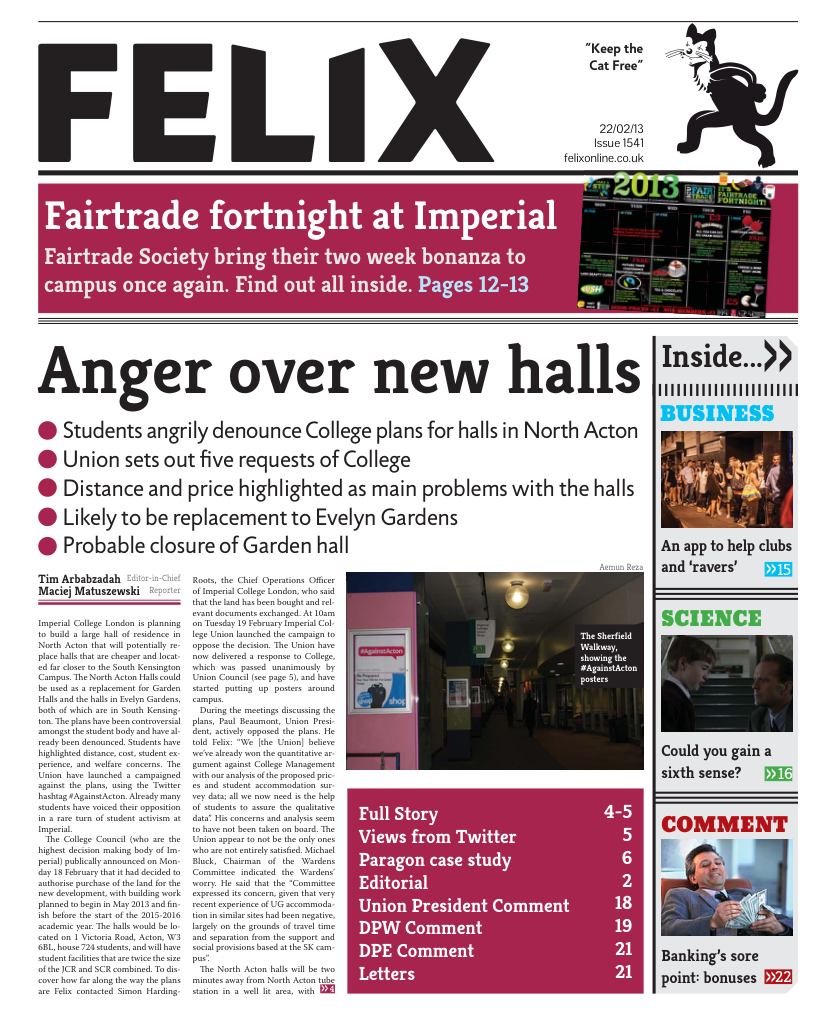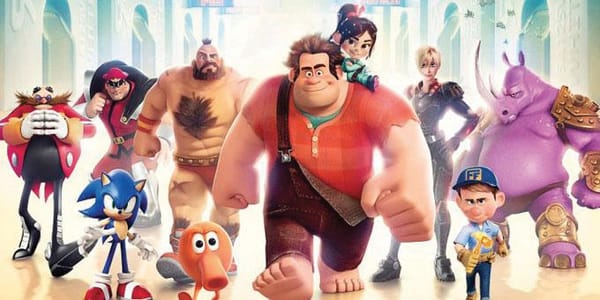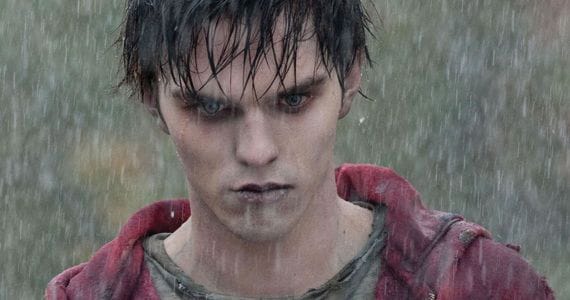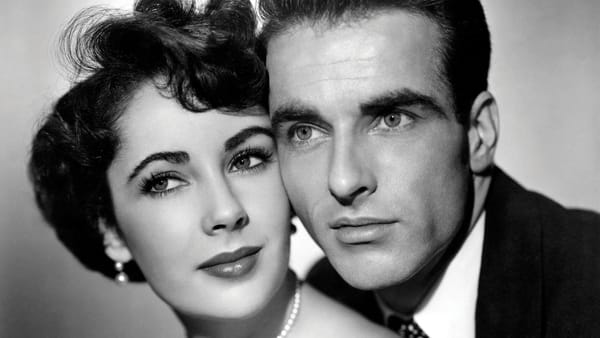“Our lives, are not our own...”
Cloud Atlas is a masterpiece, says John Park
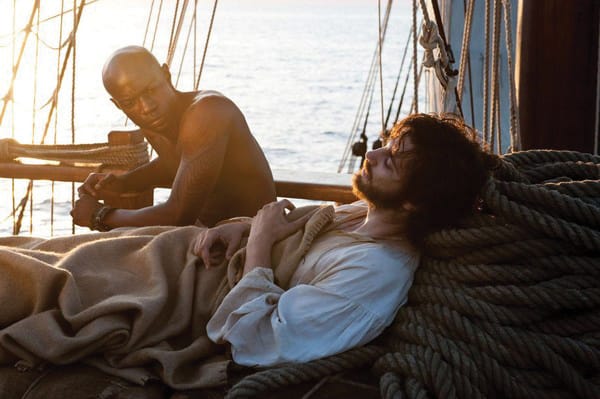
There isn’t an easy way to describe or to compliment the team effort from the Wachowski siblings and Tom Tykwer, and their boldest, grandest feature adaptation of Cloud Atlas, based on the novel of the same name by David Mitchell. All that can be said is that it’s brilliant. Absolutely brilliant. Here is a film of unimaginable scale and ambition, six (and maybe an extra half) different narrative strands all put together and connected beautifully with endless smart editing, a true work of wonder that needs to be seen. It would be a crime to miss this masterpiece on the big screen.
South Pacific Ocean, 1849; Adam Ewing (Sturgess), an American lawyer working for his father-in-law (Weaving), witnesses the whipping of a black slave (Gyasi), who he later finds hiding on his ship. The two strike up an unlikely friendship, whilst the sinister Dr Henry Goose (Hanks) lurks in the background interested in Ewing’s wealth and fortune.
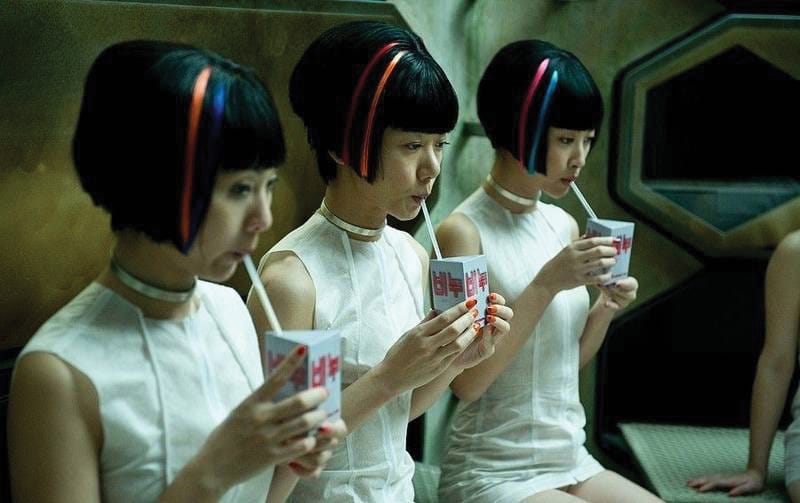
Edinburgh, Scotland, 1936; told through many love letters from Robert Frobisher (Whishaw) to Rufus Sixsmith (D’Arcy), we follow Frobisher, a young, enthusiastic, bisexual musician who is hired as an amanuensis to famous, highly respected composer, Vyvyan Ayrs (Broadbent). Frobisher himself ends up composing a brilliant piece of music too, and is left shocked and dumbfounded when Ayrs wants to take credit for the young apprentice’s work.
San Francisco, California, 1973; journalist Luisa Rey (Berry) stumbles upon what could be the biggest news story and scandal of her career, going after a corrupt energy company. With some unexpected help from a couple of its employees (Hanks, D’Arcy), Luisa gets closer to the truth, which doesn’t sit well with the CEO (Grant).
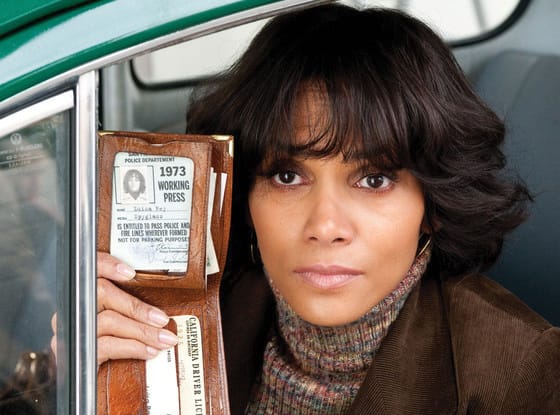
United Kingdom, 2012; publisher Timothy Cavendish (Broadbent) becomes an overnight sensation after his gangster author Dermot Hoggins (Hanks) impulsively throws a harsh book critic off a building. His book becomes a bestseller, and Cavendish starts pocketing the cash, but not before Hoggins’ fierce associates come looking for their share in the profits. Although he turns to his older brother (Grant) for help, he finds himself locked up in a “retirement home” ruled by the tyrannical Nurse Noakes (Weaving).
Neo Seoul, Korea, 2144; Sonmi-451 (Bae) is a fabricant created solely for the purpose of serving humans. Now as a captured prisoner giving her final interview before her inevitable execution, she recounts the days that lead to her arrest, starting with her encounter with Hae-Joo Chang (Sturgess) a rebel fighter leading the resistance against current society, their noble fight, leading to her startling discovery behind her creation.
A tropical island, 2321; set “106 winters after The Fall”, most of humanity has gone back to living in a primitive society. Zachry (Hanks) is constantly plagued by visions of Old Georgie (Weaving), a dark spirit that taunts his conscience. The arrival of Meronym (Berry), a member of the “Prescients”, who have held onto advanced technology even during/after The Fall, sends excitement and a hint of worry to the tribesmen, as her intentions aren’t too clear. Also living with the fear of being attacked/eaten by the cannibalistic Kona tribe, Zachry must make the smart decision of whether to trust Meronym or not.
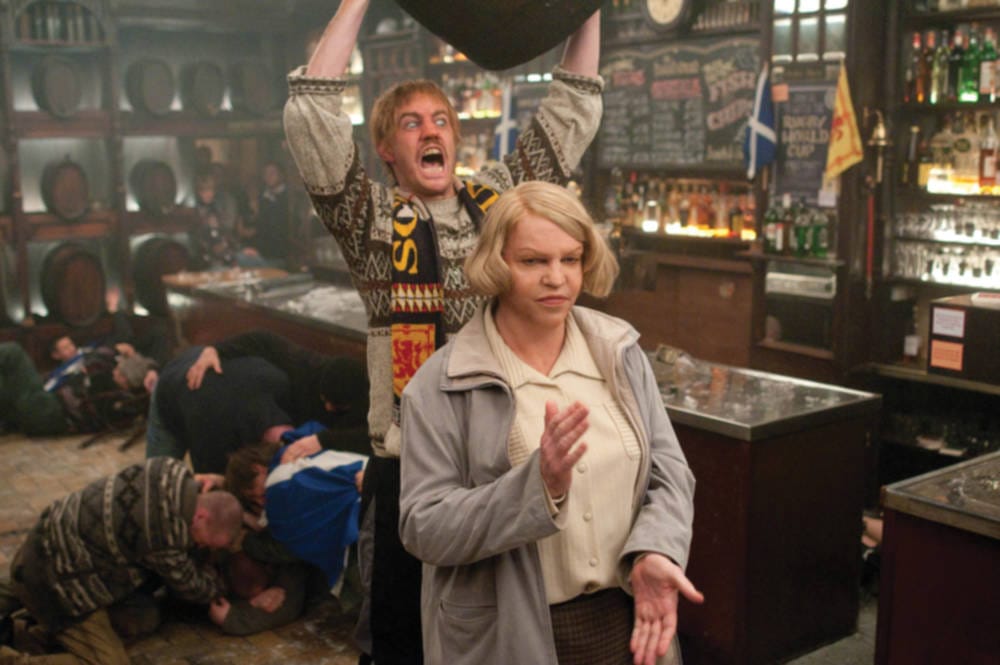
So there you have it, six completely different plot strands, covering a wide range of genres (you get everything: action, adventure, comedy, drama, fantasy, horror, romance, sci-fi, thriller), touching on too many themes to list individually here. How do they all fit together? Is it even possible to link 500 years of material? Yes you can, and you’ll have to watch to find out how.
But what is impressive is how the film itself is never bogged down by its dense material. The structure is clear, the many characters, even in their short appearances, are well-developed, and the actors who are reused again and again throughout the film inhabit their roles perfectly in the many varied roles they play. It is hard to pick out just a few from this fantastic international group, as the cast all bring their A-game as they are put through centuries and centuries of events.
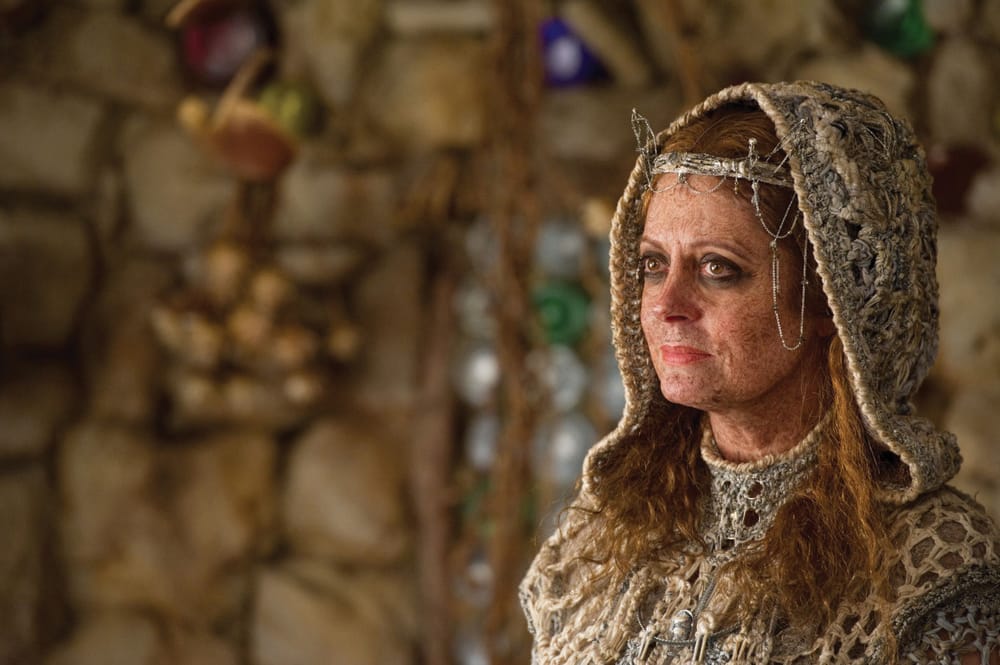
The actors frequently change their race and their gender (seriously), thanks to some incredible work done in the make-up department. It’s also fun to play a little game of who’s who, trying to dissect the heavy prosthetic make-up hiding their faces.
What we have here is no doubt an example of hyperlink cinema, and much like the greatest of this sub-genre (Pulp Fiction, Babel, Crash, Magnolia, Traffic, City of God, 21 Grams, to name a few), Cloud Atlas excels in establishing the crucial links, more challenging here since the directors are covering 500 years’ worth of narrative, as well as rounding off every segment with a rewarding emotional punch. The soundtrack also plays a crucial role in these key moments, each finale incorporating an immense piece of exhilarating music, some composed by Tykwer himself
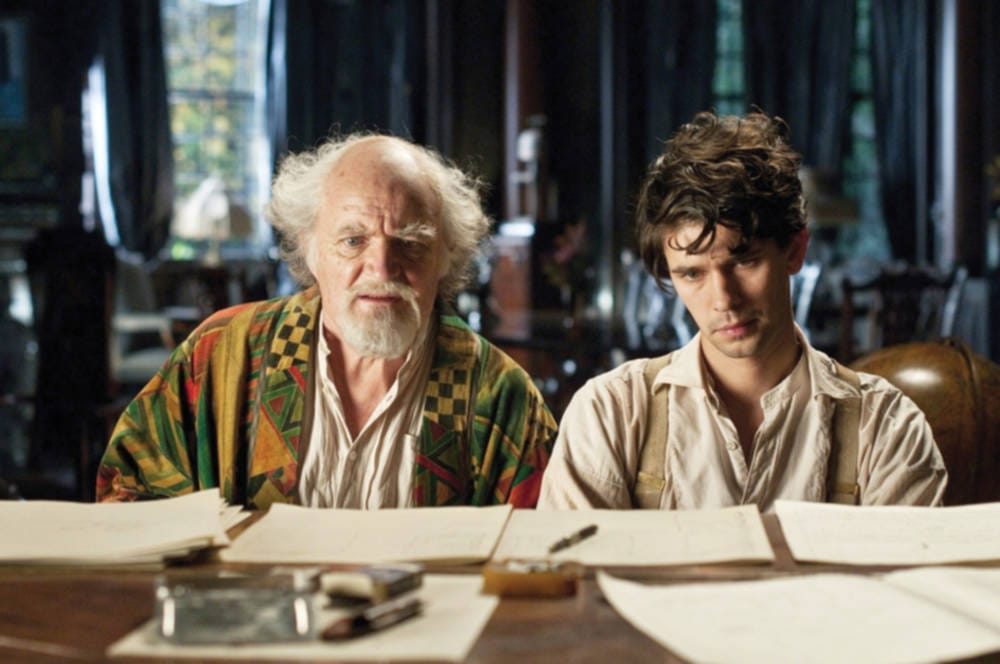
Don’t be put off by how very little financial success this experienced in the States. For whatever reason, this didn’t go down well with audiences there. But here is hoping Europe can do better. Find the biggest screen, the loudest speakers you possibly can, and enjoy.

